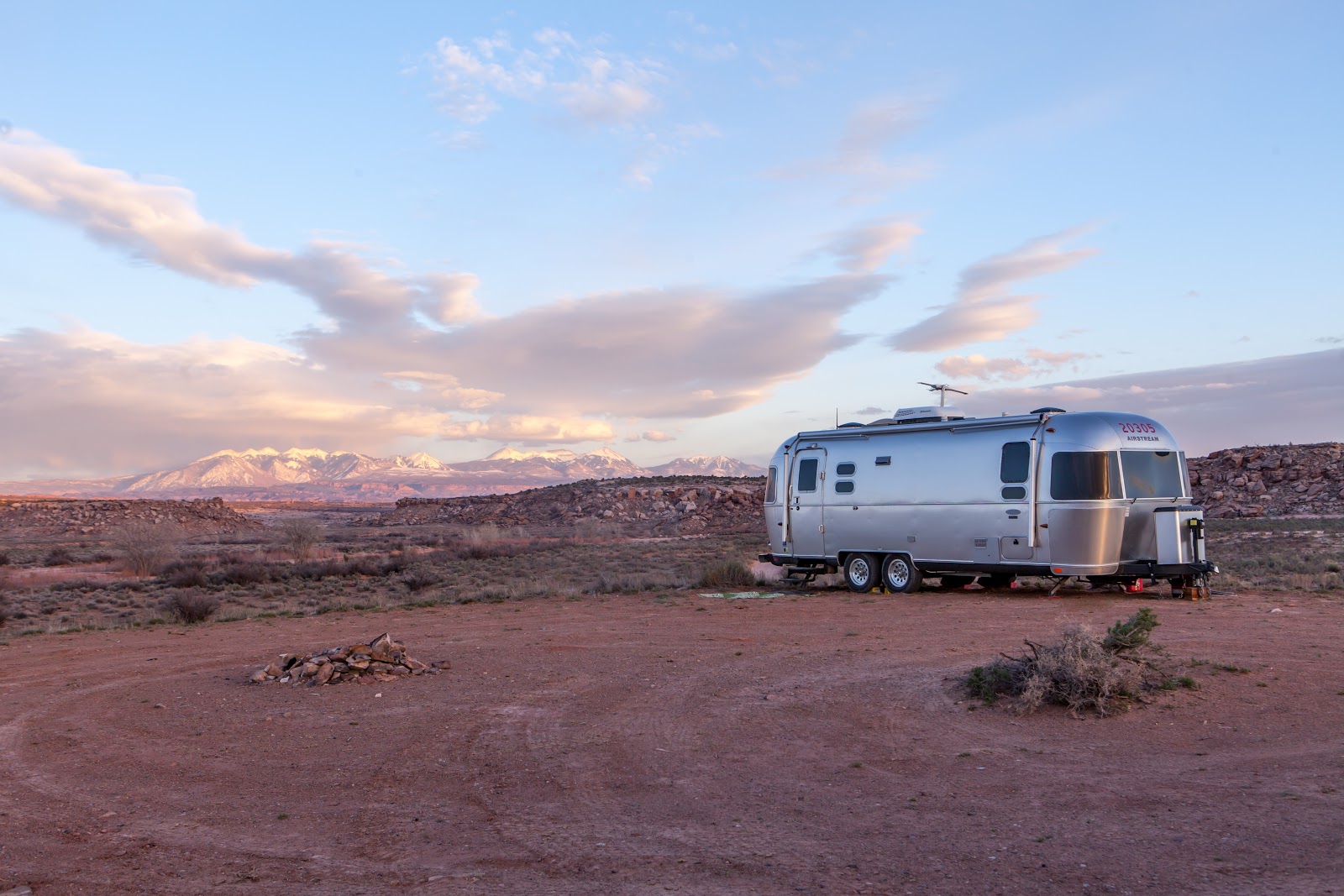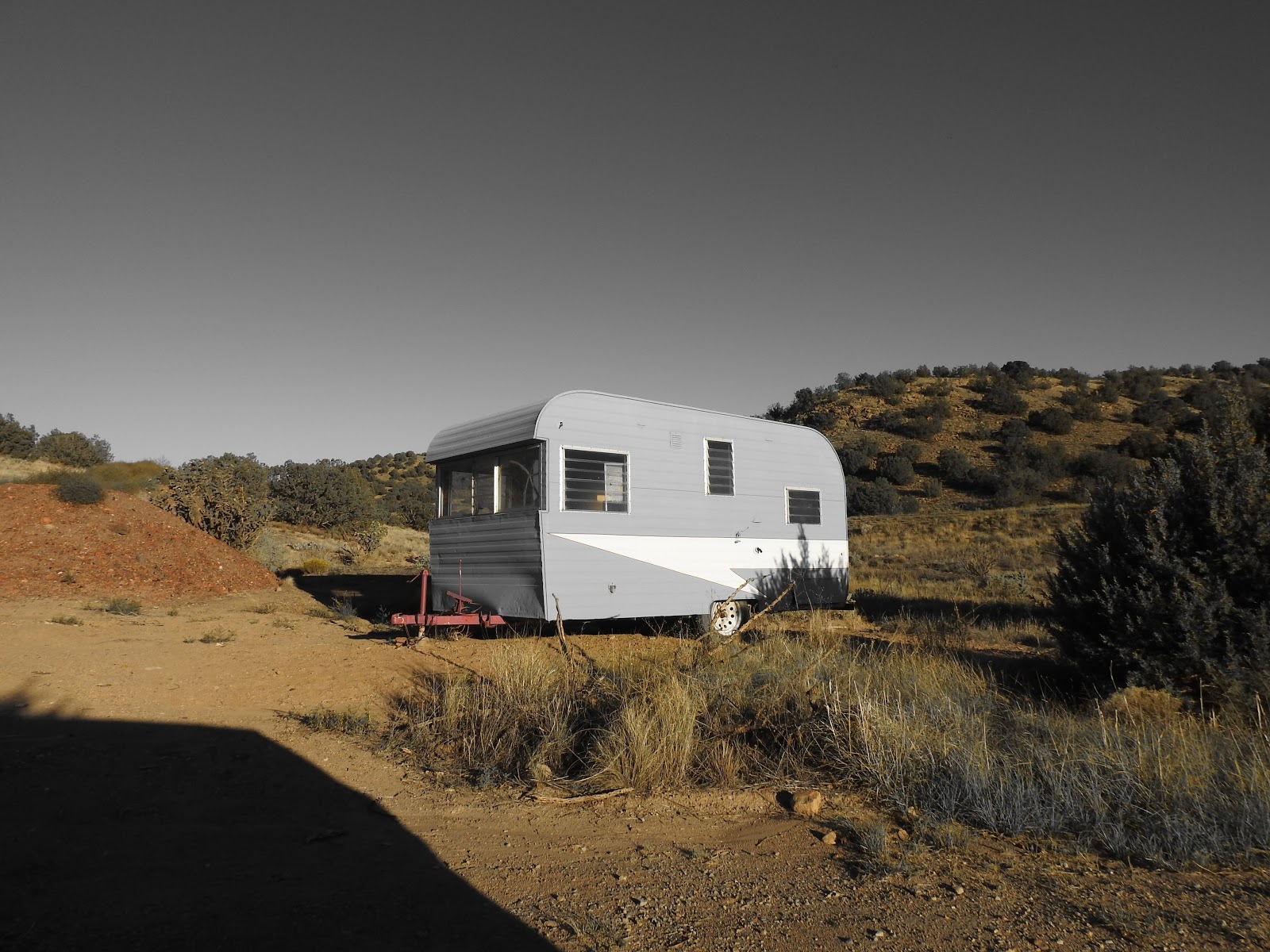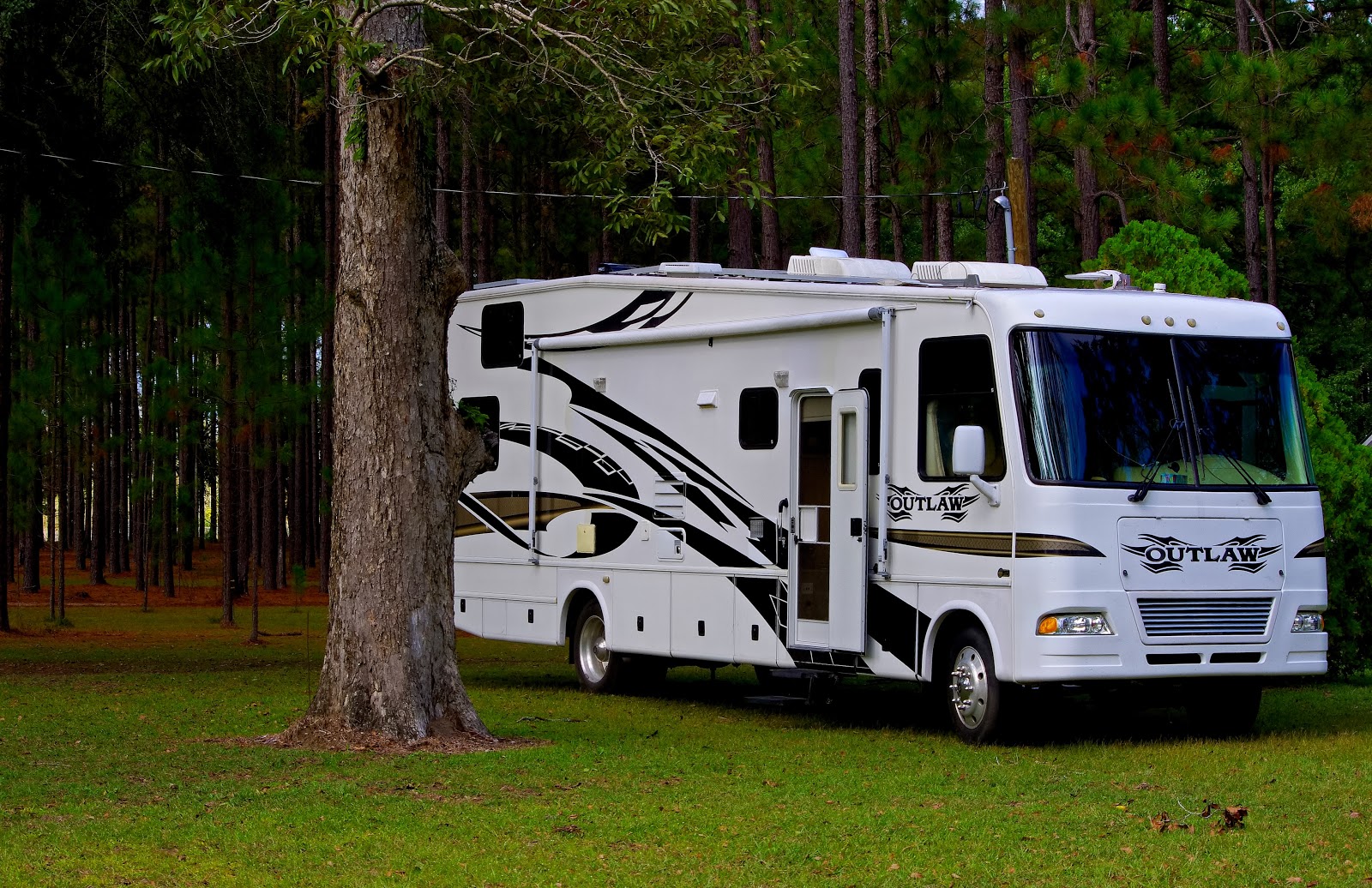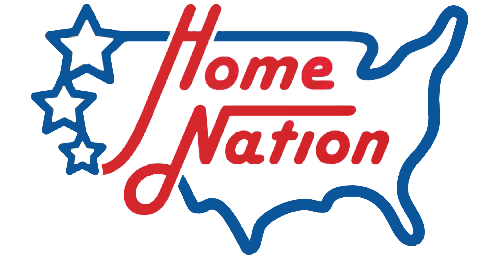
When it comes to differentiating non-mobile places or residency, there seems to be a lot of confusion. With loosely similar language used to describe mobile homes, trailers, and other forms of portable housing, it can be easy to mix up words that ultimately describe entirely different things. Mobile homes are quite different from other forms of housing, including trailers, manufactured homes, and more. We've put together this guide to go over some of the more specific differences to properly understand what exactly the different forms of mobile residency constitute.
Related: How Much Does a New Mobile Home Cost?
Understanding the Differences
In order to differentiate the multiple mobile forms of residency, we must go back in time for a quick history lesson. Through the development and changes in economic conditions and our technological capacity to produce unique products, we can better understand the differences between mobile homes, manufactured homes, trailers, and RVs.
Trailers
Trailers were made famous in the early 1900s. They were initially intended as an unpowered vehicle that was used to 'trail' automobiles, hauling objects such as boats, cars, and other items. In the 1920s, trailers took a new form of popularity for vacationers and campers who were able to hitch them to their vehicles while they traveled.
Over time, trailers became more detailed and intricate as individuals sought better functionality for trips. Ultimately trailers gave the ability for individuals to temporarily live in a space without it being an actual home. That said, when the great depression struck in the 1930s, economic hardship stressed the American people. As an affordable and readily available form of housing, trailers were often used as a replacement for permanent housing.

Are you seeking assistance in your mobile home buying process? Home Nation offers a variety of services to help make the process less stressful, and more accessible.
Mobile Homes
Coming out of the depression and into the 1940s and 1950s, trailers as a form of affordable housing became more widely used for working-class Americans. Thus, trailer manufacturers began making larger trailers by popular demand, coined "double-wides." Double-wides were constructed from two separate units, which were put together to form a larger home. As more of these homes were being produced and as trailers transformed from their original form and purpose, these popularly demanded houses were soon renamed mobile homes.
Over two decades, mobile homes blossomed in popularity. So much so that the US Department of Housing and Urban Development established HUD code regulations in 1976. According to these regulations, federally mandated standards were put in place for the design, installation, and construction of mobile homes. These standards sought to ensure the reliability, durability, affordability, and safety of mobile homes since before this point, they were not federally regulated, yet still widely used. Thus, installations in mobile homes such as wiring, HVAC systems, and plumbing were held to higher standards than they were before. To this extent, the difference between trailers and mobile homes cannot be overstated.
Related: Prices Set To Rise For Mobile Homes In 2020
Manufactured Homes
After the newest changes to mobile homes' regulations, they were officially renamed by the industry as manufactured homes. Furthermore, to this day, any structure that is built after 1976 that adheres to all regulations and standards is considered a manufactured home, while those built before 1976 are considered mobile homes. That said, it's not uncommon for individuals to refer to manufactured homes as mobile homes, even though this is technically incorrect.
Today, manufactured homes are nearly unrecognizable from the way they began as mobile homes or even trailers. Manufactured home affordability continues to be one of the most attractive features of these places of residence. However, the benefits extend further than a low price tag. Different from their original form, manufactured homes now take into consideration the effect of severe weather conditions and sustainable energy initiatives. Both of these are significant prospects for individuals concerned with the nearing implications of climate change and the eco-footprint humans have had through the manufacturing of products such as their homes.
RVs
Short for Recreational Vehicles, RVs are automobiles that have homes attached to their body. RVs were ultimately a spin-off of trailers. They originally began as cars with cabins attached to the back in the early 20th century. As time passed, a lucrative market was identified in the United States, and they grew wildly in popularity, right around the time that motorhomes were increasing in popularity. The two markets were closely intertwined until the 1950s since mobile homes were about the same size and length. Thus, mobile homes were easily transportable. That said, around the 1950s, RVs became more focused on the concept of being self-contained motorhomes rather than trailer-type homes needing to be pulled by an automobile.
Since their creation, RVs have become quite extensive in their capabilities and amenities. The Department of Motor Vehicles now has several classifications for what are considered recreational vehicles. These classifications include commercial passenger busses, campervans, truck campers, pop-up campers, and travel trailers. While individuals very well have the ability to live in RVs, as the name would suggest, they're typically used for recreational purposes, including travel and camping.

Related: What Does It Cost To Move a Mobile Home?
Find The Perfect Manufactured Home With Home Nation
Our dedicated team at Home Nation offers comprehensive services through your manufactured home search process nationwide. Our services include assisting with financing, locating the perfect home in-line with your expectations, working within a budget, and helping to guide you through the costs and steps associated with installing your new home on your lot. With our tailored process, we ensure that you'll get the best price for your home without any of the hassles. Give one of our representatives a call today to consult on how Home Nation can be of service to you in your home search today.
Are you having trouble locating the perfect manufactured home for you or your family? Home Nation is here to help find the perfect home specific to your needs.





